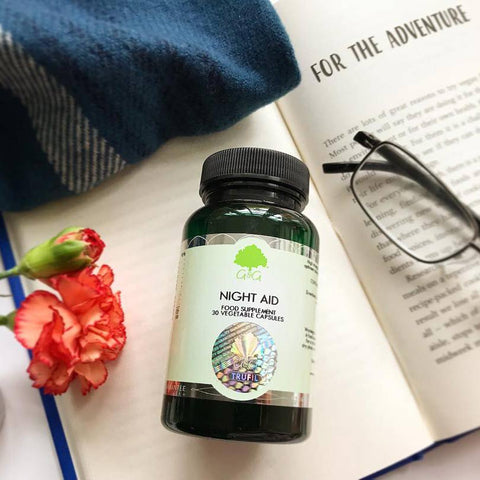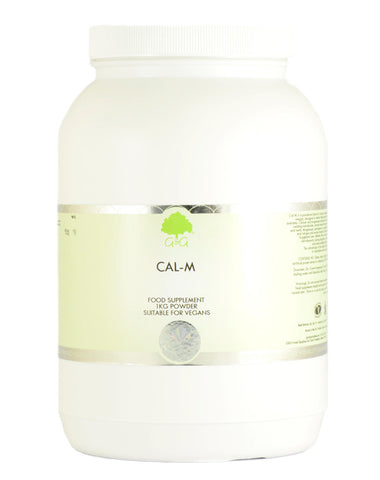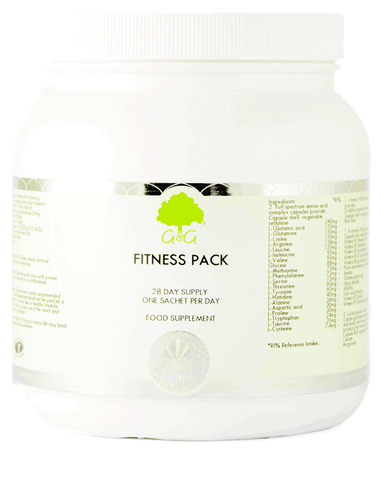by Tom Russell February 23, 2022

According to the Sleep Council, 70% of adults in the UK sleep for less than seven hours per night. 27% experience poor quality sleep on a regular basis and 51% struggle to nod off or remain asleep.
Sleep is just as important as diet and exercise, just one night of poor sleep can be harmful to your body and brain. Lack of sleep increases the risk factors for heart disease, stroke and flu.

Sleep is a real problem for the UK. Poor sleep affects your concentration, mood and appetite, as well as your physical health. It prevents you from recovering from physical and mental exhaustion.
Good quality sleep can leave you feeling refreshed and ready to take on the day. There are also many other benefits:
The longer you have poor sleep the more it affects your immune system. This can leave it unable to defend you from bugs and viruses.
Sleep allows your body to effectively repair any damage done during the day. This can be from exercise or just general wear and tear.
Sleeping less than 7 hours a night can leave you with less leptin. This is the chemical in your body that makes you feel full. It also increases the amount of ghrelin which makes you feel hungry. The result is, those who sleep poorly gain more weight over time.
Sleeping for less than five hours a night could change the way your body processes glucose. According to the NHS this increases your risk of type two diabetes.
The longer your sleep problem continues, the higher your heart rate and blood pressure could become. This puts a strain on your heart and increases the risk of heart problems.
Even one night of missed sleep can leave you feeling agitated and grumpy. A long-term sleep problem can lead to depression and anxiety. Most people suffering from either of these sleep for less than six hours a night.
Lack of good quality sleep can lower your libido and interest in sex. Good sleep may also improve your fertility.
 There are many things that could be stopping you from getting that deep refreshing sleep. It could be things going on in your head; worries, stress about the day or even fear.
There are many things that could be stopping you from getting that deep refreshing sleep. It could be things going on in your head; worries, stress about the day or even fear.
It could be linked to your job; jetlag from business travel, working in shifts, work changes or pressures.
It could be a medical problem; pain, asthma, sleep apnea, regular medication or depression.
Even life can get in the way of good sleep; babies and young children, snoring, an uncomfortable bed, using tablets and phones or even too much caffeine.
Here are some tips and rituals you can follow at home without the help of a professional…
Establishing new routines and improving your sleep environment are the keys to sleeping well. Let's take a look at the many things you could do: choose the ones that fit you best (not all are necessary). And you can implement these gradually.

Napping, a tradition in some countries like Spain, Greece and Costa Rica, has its own set of benefits even if you take it during a work day.
During the day, if you feel down, why not swap the cup of coffee and sugary snack for a twenty-minute nap? This could increase your alertness and won’t prevent you from sleeping later. With practice, you can train your body to take these short periods of sleep.
Regular exercise over a long period of time has been shown to add an average of one hour of quality sleep per night. Sleep also allows your body to recover and strengthen after physical exercise.
The best temperature for a good night’s sleep is between 16ᵒC-18ᵒC. This will keep you cool but not too cold. If it is possible, circulate the air with an open window or fan.
Cover up any indicator lights from gadgets and install a blackout blind. This will keep the room completely dark even in the early morning.
An uncomfortable bed is a common cause of missed sleep. Studies have also found that people usually sleep better in a larger bed.
If you live in a noisy area or don’t have double glazing you could try earplugs to reduce the noise around you.
Add a memory foam mattress topper to your old mattress. If you don’t want the expense of a new mattress, a topper could cover up the lumps and bumps and add years to its life.
An hour before bed, turn off all tablets and phones and take a relaxing warm bath. Using bath products that contain essential oils will also create a good environment to prepare you for sleep.

Take a warm drink such as hemp tea or any other relaxing herbal tea to bed with you and enjoy a good book or some relaxing music. Once you’re feeling relaxed and ready for sleep make sure all lights are off and try mindfulness, yoga or breathing techniques. This should prepare you for sleep.
Repeat until this routine becomes second-nature. Once you have built your routine keep repeating it each night to allow your body to respond to it. One of the strengths of a routine like this is that it becomes more powerful when it is used regularly.
Depending on your sensitivity to vitamin supplements and herbs, these can be helpful sleep aids:

Night Aid is an all-in-one supplement, formulated by nutritionists in Britain which can be taken whenever needed with your last meal or 1-2 hours before bed.
One single capsule includes a total of 13 synergetic herbs, minerals and vitamins to support a proper night's sleep: L-theanine, lemon balm extract, Reishi mushroom, chamomile, Ashwagandha, hops, schisandra berry, L-tryptophan, Maca root, inositol, along with selenium, magnesium, and vitamin B6, all working together to ensure a peaceful night's sleep.

Combinations of minerals can also be used to support the functioning of cognitive function, metabolism, the immune system and nervous system. These effects and many others all contribute to a refreshing night’s sleep.
Cal-M is a blend of natural ingredients chosen to support sleep and aid recovery. It can be taken 30 minutes before bed to prepare you for a deep sleep. It contains calcium gluconate, magnesium carbonate, organic cider vinegar and provides traces of potassium, phosphorous, zinc and iron. These ingredients all support many body functions that get your body ready for recovery and sleep.
Vitamin D3 can be produced in your body when the sun falls on your skin but in our busy modern lives, there is less opportunity for this to happen. It is fat soluble and can be effectively ingested. It supports the development of bones, your immune system and aids general recuperation and recovery.
Meno Time contains vitamins, minerals and herbs to support the reduction of menopause symptoms that could make your nights anxiety-ridden and uncomfortable. Once they have been reduced you have a much better chance of getting a good night’s sleep.

Using the fitness pack to combine supplements to promote body recovery after strenuous exercise, you can achieve the relaxing state that is required for great sleep. The sleep will then allow your body to repair itself.
Full spectrum amino acids support the effective recovery of muscles and systems as they regenerate after exercise. Regular exercise can have a useful impact on your sleep and amino acids support this as well as boosting your recovery.
Try adding more herbs or a herbal supplement to your hemp tea before bed to help you relax and feel fresh in the morning:
Check out our selection of the best supplements for sleep.
A good night’s sleep is an important aid to our health. It keeps us relaxed, supports our immune system and helps us to recover both physically and mentally. It can also reduce our risk of heart disease, diabetes and stroke.
Sleep plays such an important part in our lives and should be treated as importantly as diet and exercise. Time taken to improve your sleep will have a positive impact on nearly every aspect of your life. Have a look through the supplements and routines available and plan your sleep routine today.

Fact-checked by Dr Marios Kyriazis.
Comments will be approved before showing up.
Tracked & signed
Orders over £35
Orders over £199
Soil Association certified
Chat, email or call
Tom Russell
Author
Tom Russell writes extensively about CBD oil and other groundbreaking food supplements. He and his wife share their home with two daughters and a lifetime’s collection of books.